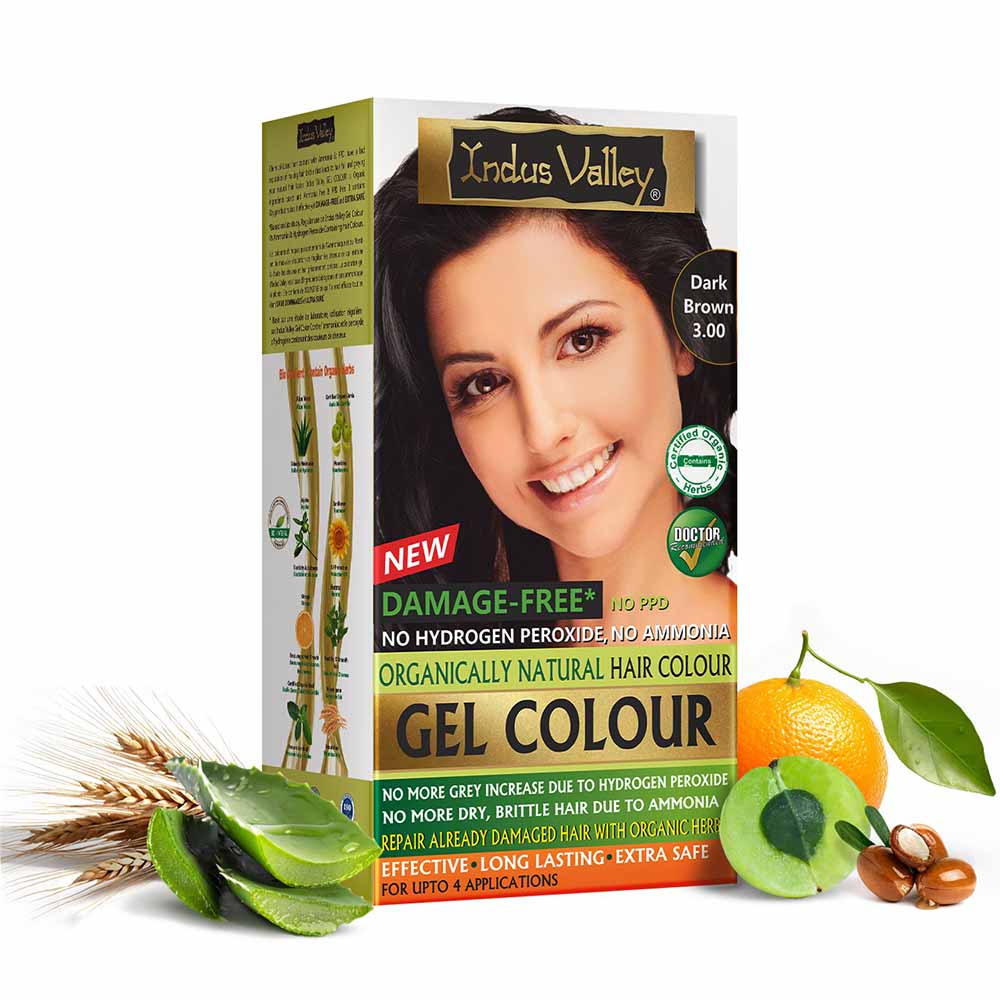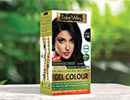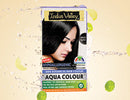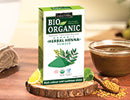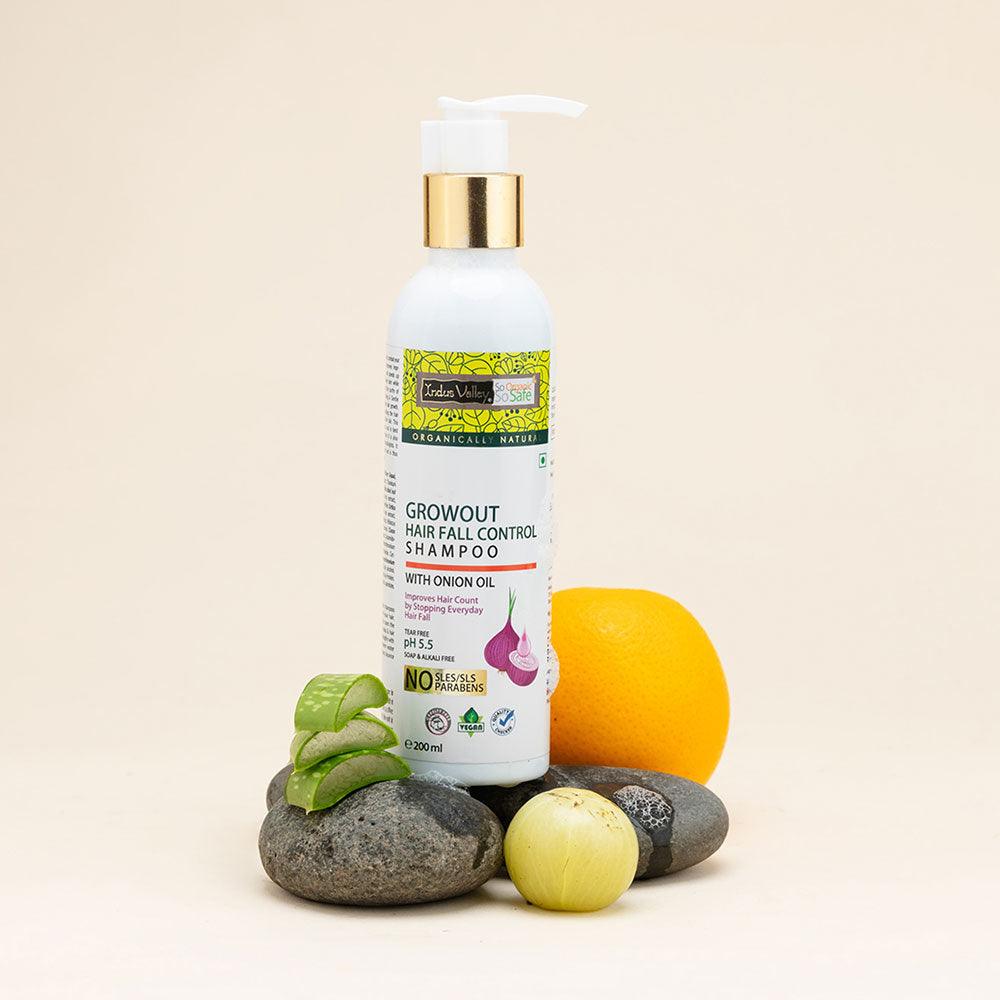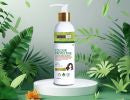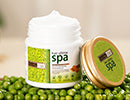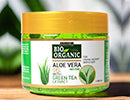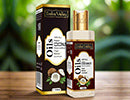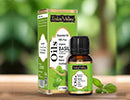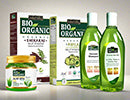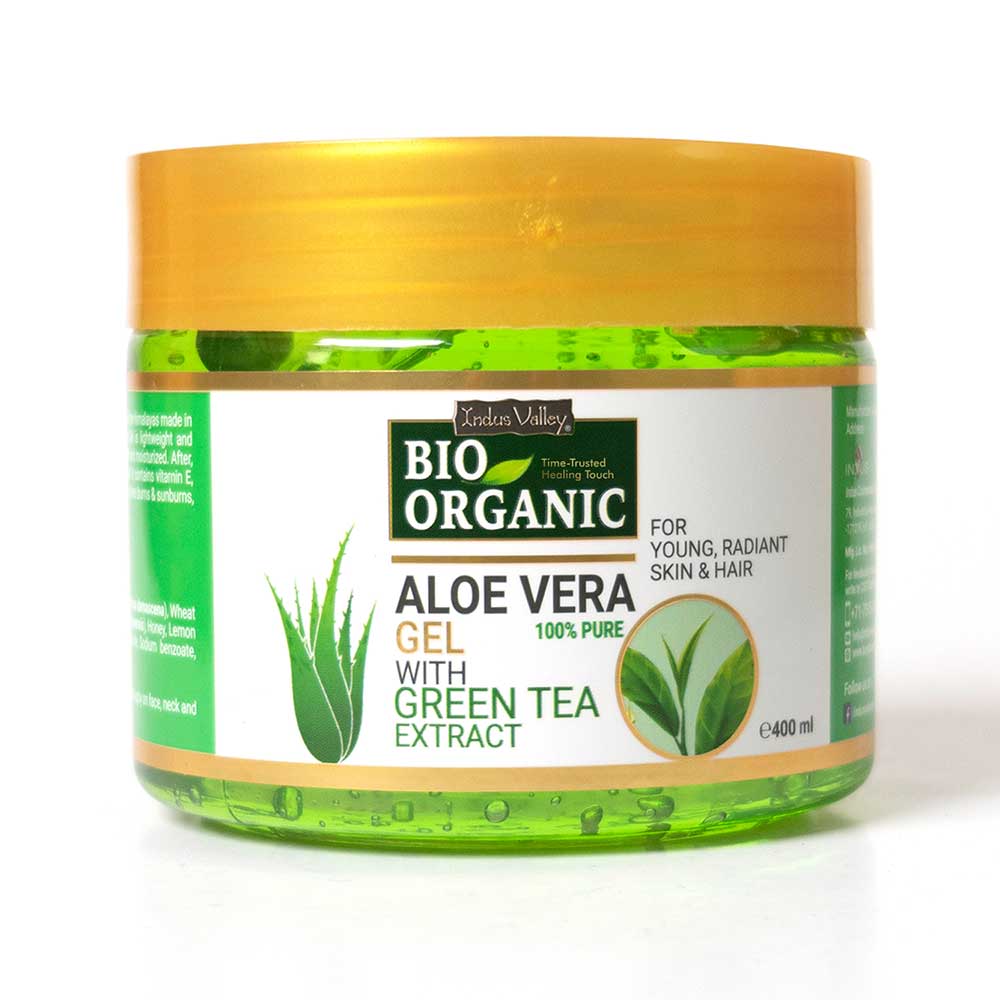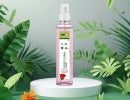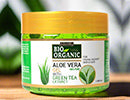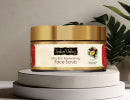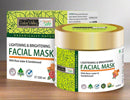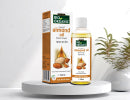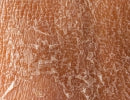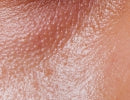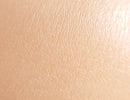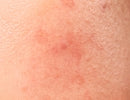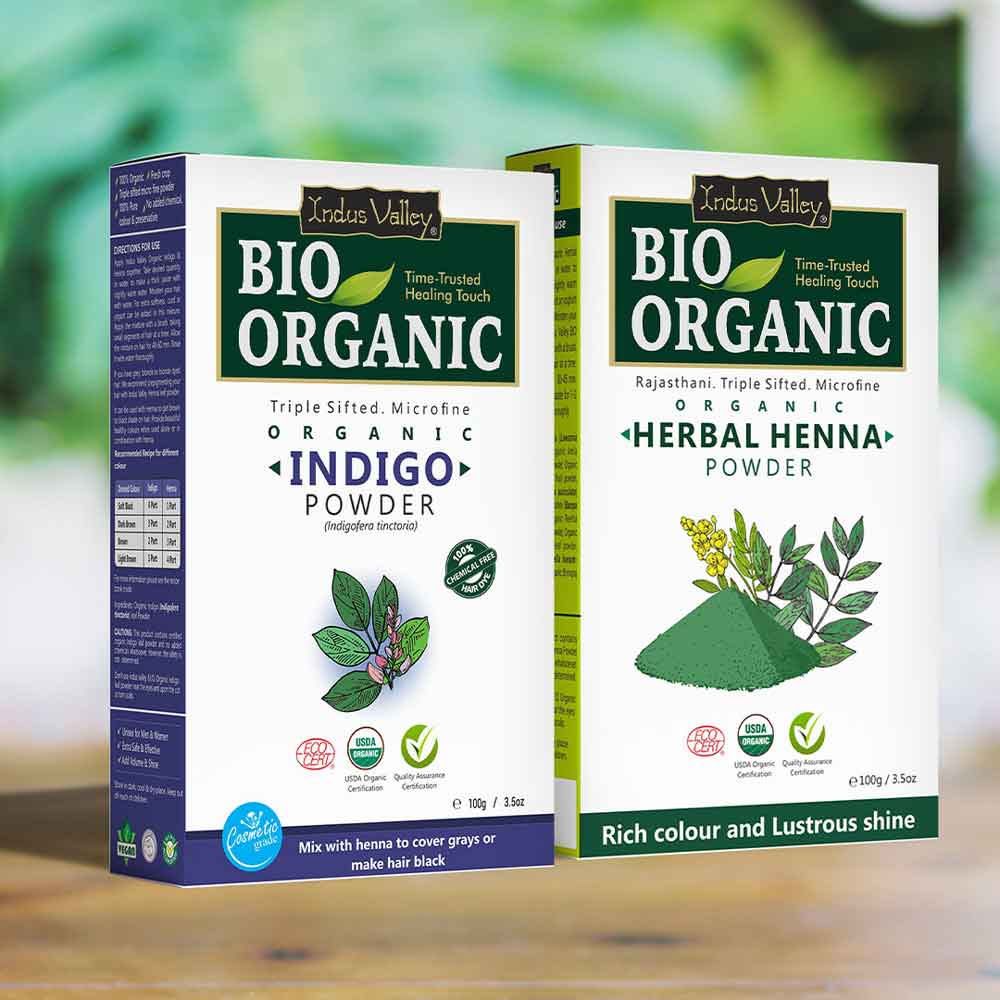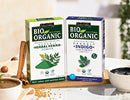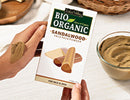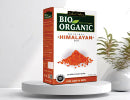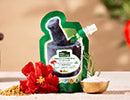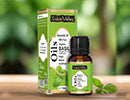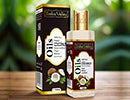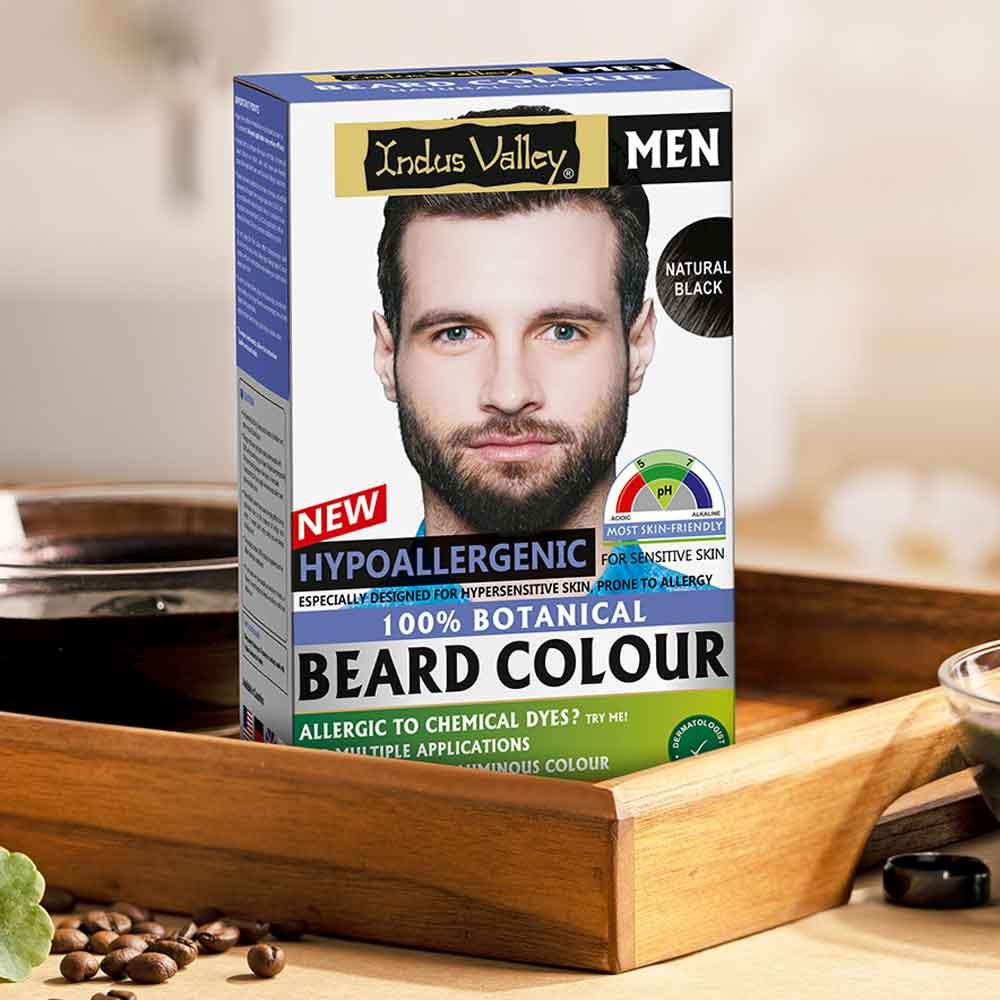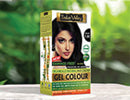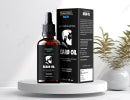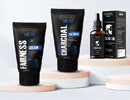Turmeric, widely cherished in various cultures for its culinary and health benefits, comes in two varieties: wild turmeric and regular turmeric, both sourced from the plant Curcuma longa. However, they differ significantly in their cultivation and usage.
Regular turmeric is farmed for its rhizome, the underground part of the plant, which after harvesting, is dried and powdered for use in cooking and supplements. It is generally more consistent in quality and color and more accessible than its wild counterpart.
Wild turmeric thrives naturally in the South Asian forests and is not commercially cultivated. Local communities gather it for personal use. It stands out due to its unique earthy taste and vibrant yellow color, and it contains higher levels of curcumin, the active component that contributes to its health benefits.
Difference Between Kasturi Haldi and Normal Haldi
Kasturi Haldi, also known as Wild Turmeric or Kasturi Manjal, differs significantly from the commonly used turmeric in several aspects. Primarily, Kasturi Haldi, scientifically referred to as Curcuma aromatica, is renowned for its potent aromatic properties and distinct non-staining nature, which makes it highly desirable for cosmetic and medicinal purposes. Unlike normal turmeric (Curcuma longa), which is predominantly utilized in cooking for its vibrant color and flavor, Kasturi Haldi is rarely used in culinary practices due to its bitter taste.One of the most distinguishing characteristics of Kasturi Haldi is its skin benefits. It is highly valued in traditional skincare for its ability to clear the complexion, reduce acne, and impart a natural glow, all while being gentle on the skin. Normal haldi, while also beneficial for the skin owing to its anti-inflammatory properties, is more commonly favored in the kitchen for its health benefits when ingested.
Moreover, the chemical composition of Kasturi Haldi includes higher concentrations of essential oils and bioactive compounds like curcumin, which contribute to its superior antiseptic, antibacterial, and anti-aging properties. On the other hand, normal haldi contains a higher level of curcuminoids, making it an excellent choice as a dietary supplement for its anti-inflammatory and antioxidant effects.
Why Kasturi Haldi for Skin?
Kasturi Haldi, or Wild Turmeric, is particularly esteemed in skin care due to its remarkable properties that cater specifically to enhancing skin health. One of the primary reasons Kasturi Haldi is favored for topical applications is its non-staining nature, which makes it suitable for cosmetic use without the worry of leaving a yellowish tint on the skin. Additionally, this variety of turmeric is rich in essential oils and antioxidants, which are crucial in combating free radicals and preventing signs of ageing.Notably, Kasturi Haldi possesses potent antibacterial and antiseptic qualities, making it effective in treating acne and reducing the appearance of scars and blemishes. The presence of curcumin, a bioactive compound, aids in soothing inflamed skin and diminishing redness and irritation, thereby promoting a clearer and more even complexion. Furthermore, the mild nature of Kasturi Haldi ensures it is gentle on the skin, making it a suitable choice for all skin types, including sensitive skin.
Regular use of Kasturi Haldi in skincare routines can impart a natural glow, improve skin texture, and enhance overall skin tone. Whether used in face masks, creams, or cleansers, the inclusion of Kasturi Haldi can transform your skincare regimen, helping to maintain healthy, radiant skin.
Turmeric, in general, is beneficial for the skin in several ways:
Radiant and Bright Skin
When used as a face pack, turmeric can enhance the natural glow of your skin. The antioxidants present in Haldi play a crucial role in combating free radicals which can dull the skin's complexion. By incorporating a turmeric face pack into your skincare routine, you can work towards achieving a brighter and more radiant skin tone.
Blemish-Free Skin
Turmeric's potent anti-inflammatory and antibacterial properties make it highly effective in treating skin blemishes. Regular use of a turmeric face pack can help reduce acne, pimples, and other skin irritations. Additionally, the curcumin in turmeric helps to soothe the skin, diminish redness, and promote a clear, blemish-free complexion.
Brightening Effect
The skin-lightening properties of turmeric aid in reducing hyperpigmentation and dark spots. When applied as a face pack, it can gradually lighten the skin tone, providing a more uniform and glowing appearance. This natural brightening effect is one of the key reasons why turmeric remains a popular choice in skincare.
Achieve Radiant Skin with These Turmeric Face Mask Recipes
Turmeric can be used in various face packs and ubtans for fair and glowing skin.
- Turmeric and Honey: For acne-prone skin, mix turmeric with honey for an antibacterial face pack.- Turmeric and Milk: Combine turmeric with milk for a hydrating and brightening pack.
- Turmeric and Yogurt: For a soothing and cooling effect, mix turmeric with yogurt.
Highlighting Grandmother's Recipe
Our potent ready-to-use face pack combines the best of traditional wisdom with modern convenience. Crafted with love and enriched with ingredients like Mango Butter, Saffron, Kasturi Haldi, Coconut Malai, and Besan, it promises to rejuvenate and brighten your skin naturally.
Conclusion;
While both Kasturi Haldi and normal haldi boast impressive benefits, they serve different primary purposes: Kasturi Haldi shines in the realm of beauty and skincare, whereas normal turmeric is a staple in culinary and health-related uses.
If you're looking to elevate your skincare routine with the best that nature has to offer, try our indus valley kasturi haldi based ubtan face pack today. Experience the difference for yourself.
FAQ
1. Is Kasturi Haldi Suitable for Skin?
Kasturi Haldi is generally considered safe for skin due to its gentle properties. It's always an idea to do a patch test, before applying the product over your face or body. If you notice any irritation stop using it
2. Can Regular Turmeric Stain the Skin?
Regular turmeric can leave a tint on the skin. It's usually easy to wash off with a cleanser. If you're worried about staining, consider using Kasturi turmeric, which tends not to stain.
3. Is it Okay to Use these Face Masks if My Skin is Oily?
Both Kasturi turmeric and regular turmeric face masks can be beneficial for skin. Turmeric helps control oil production. Has properties that can help with acne. Just make sure that the other ingredients in the mask are suitable for your skin type to avoid making your skin
4. How Often Should I Apply Face Masks with Turmeric?
For people using turmeric based face masks 2 to 3 times per week is enough to see results. Regular use can help keep your skin bright, clear and healthy. However if you have skin, start with once a week. See how your skin reacts, before increasing the frequency.




